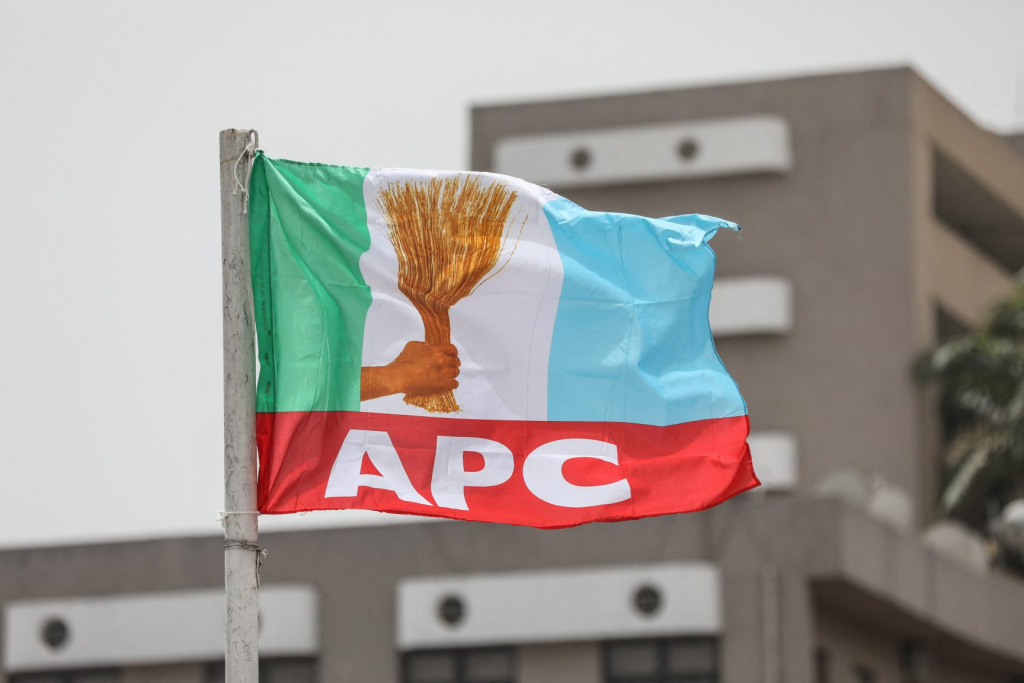Nigeria’s ruling party in Lagos State, the All Progressives Congress (APC), has dismissed recent opposition maneuvers as ineffective distractions, asserting that its focus on governance and national reforms remains unshaken. In a sharp rebuke aimed at the African Democratic Congress (ADC)—a coalition adopted by some opposition figures ahead of the 2027 elections—the APC’s Lagos spokesman, Seye Oladejo, labeled the group a “stillborn political experiment” lacking credibility, grassroots support, or ideological clarity.
Oladejo, in a formal statement, criticized the ADC’s attempts to position itself as a viable alternative, describing its rhetoric as recycled and its leadership as politically opportunistic. “The ADC has failed to articulate a role in Nigeria’s democratic evolution,” he said, accusing the coalition of serving as a refuge for disenchanted politicians seeking shortcuts to relevance. He dismissed their strategy as a “desperate” bid for attention in a political landscape dominated by more established parties.
The APC’s remarks come amid Nigeria’s ongoing economic reforms, which have spurred debate about governance and accountability. Oladejo argued that while constructive criticism is essential, the ADC’s approach has been marked by “envy-driven” complaints rather than substantive policy engagement. “Patriots should prioritize meaningful contributions over noise,” he stated, emphasizing the ruling party’s commitment to President Bola Tinubu’s “renewed hope” agenda, which seeks to stabilize the economy and address systemic challenges.
The statement also questioned the ADC’s internal cohesion, noting that some members reportedly retain ties to their former political parties. Oladejo likened this dual affiliation to “political bigamy,” alleging it undermines public trust. “Transparency and responsibility are non-negotiable in democracy,” he stressed, urging voters to reject alliances built on ambition rather than genuine vision.
Despite the charged political climate, the Lagos APC reiterated its focus on delivering tangible development, including infrastructure projects and social programs. Oladejo framed the party’s resolve as a contrast to what he called the ADC’s “hollow” claims, asserting that the electorate values tested leadership over untested coalitions. “Nigerians deserve clarity, unity, and results—not political contraptions,” he said, doubling down on the party’s pledge to prioritize its governance mandate.
The exchange highlights growing tensions as Nigeria approaches a pivotal election cycle, with opposition groups striving to challenge the APC’s dominance. Analysts note that while the ADC and similar alliances aim to capitalize on public dissatisfaction, their success hinges on overcoming perceptions of instability and opportunism. For now, the ruling party’s dismissive stance signals confidence in its incumbency advantage, even as critics call for more vigorous debate on policy alternatives.
